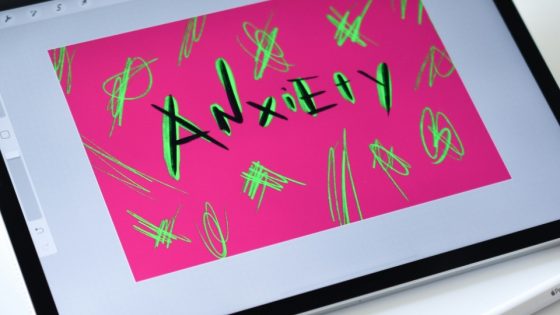Former government adviser and education expert Dr Stephen Curran writes about the Scots’ potentially making children start school a year later and why this is a bad idea – with evidence from Finland…
Having seen its once-lauded educational standards eroded by progressive teaching methods, Scotland could soon see them fall even further.
A resolution to be made at the SNP’s party conference will call on the government to delay children starting at ‘big school’ until they are six.
It wants instead to add another year of statutory play-based kindergarten for the youngsters.
Those behind the proposal have had their heads turned by Nordic countries – not for the first time.
Who recalls Alex Salmond’s ‘arc of prosperity’ when he aligned his country with the Irish and Nordic economies?
The banking crisis revealed an arc of poverty instead as the soundbite came back and bit him.
And with education, it is the example of Finland’s education system that has in part inspired the resolution to be put to the SNP’s conference.
But the data from Finland does not support the oft’ made assertion that starting school at an older age, shorter days, no homework and progressive teaching is a better educational system than the others.
In 2000, Finland topped the first PISA rankings – the method that grades school systems – and educationalists became excited.
Here, they gushed, was a country that could achieve great results by ‘phenomenon-led’ teaching, no homework, few tests, and a reverence for teachers.
And all this was possible with children starting school at seven and spending more years playing.
It seemed too good to be true. And it was.
When those first PISA results came out in 2000 for 15-year-olds, no one knew that Finland was about to slide down the table.
What got them to the top was the centralised and teacher-led methods used in the 1980s and 1990s; what was to herald their fall was the introduction of the policies that so excited right-on educationalists and inspired the SNP’s conference proposal.
Between 2000 and 2018 Finland dropped 29 points in maths, 27 in reading and 16 in science.
While Finland remains well placed in the rankings, its decline has caused concern within the government.
Leading the charge up the PISA rankings have been Asian countries; Singapore, China, Japan, and Taiwan.
Asian systems tend to be teacher-led, knowledge-based, hugely competitive, and test-heavy.
Perhaps the SNP should be looking to the countries going up the PISA rankings, rather than at those going down.
Delaying the start to school by a year will not improve things in Scotland, especially now it has gone down the progressive teaching route, which does not place enough emphasis on more traditional structured approaches to teaching literacy and numeracy, and the testing of what children have learnt.
Good literacy and numeracy are the most important things – and children must acquire these skills from a young age, or they will struggle across all subjects throughout their schooling.
Without these foundation stones, it is impossible to educate a child properly – especially in a system like Scotland’s.
Delaying children starting school by a year will delay their progress in literacy and numeracy.
Get them in school, work on their literacy and numeracy using tried and tested methods – then look at the countries going up the PISA rankings and ask what lessons can be learned from them.






Leave a Reply